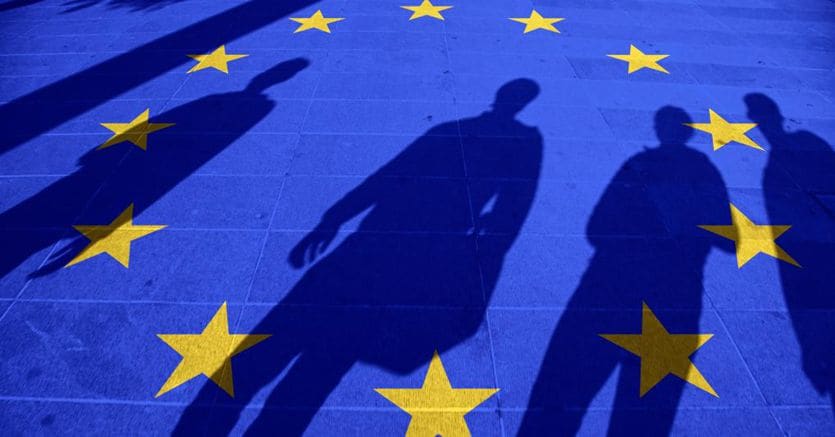Croatia from today in the Euro and in the Schengen area. Lagarde: "Exceptional success" - Corriere.it

From today, January 1, Croatia joined the Eurozone, officially adopting the euro, and the Schengen area, the area of free movement in Europe. The historic moment was celebrated at the two main border crossings, with Slovenia and Hungary, and at an ATM in the center of the capital Zagreb. In recent months, the European Central Bank has supplied 63 million banknotes and 286 million coins to Croatian post offices and banks. For cash payments, the transitional period will last until 14 January 2023. The conversion rate has been set at 7.53450 Croatian kuna per 1 euro. Croatia, which joined the European Union in 2013, is the twentieth country to adopt the euro since the introduction of the single currency and the 27th to join the Schengen area.
The reactions of Lagarde and Von der Leyen
Croatia has achieved exceptional success and this is great news, said the president of the ECB, Christine Lagarde, thus commenting on Zagreb's entry into the Eurozone and the Schengen area. To be able to do all of this, covering all areas in a ten-year period between joining the European Union and joining the euro area is an incredible achievement, she added. To mark Croatia's entry into the Schengen area and the Eurozone, the president of the European Commission, Ursula von der Leyen, at noon on New Year's Day, arrived at the Slovenian-Croatian border, at the Bregana crossing point, on the Ljubljana-Croatian Zagreb, where all checks have been abolished since midnight.
Best wishes from Mattarella
The President of the Republic Sergio Mattarella congratulated Zagreb for this success. Today Croatia enters the Schengen area and the Eurozone. An important result for the European project and for the Croatian people, to whom I wish you all the best. I hope that other countries will soon reach the same goal, for the benefit of the whole EU, reads the message posted on the Quirinale's Twitter account.
End of queues at the border
With the fall of the two walls, the borders of the European Union widen with some practical effects that are not negligible. First of all, all border controls are eliminated for those who go on holiday to Croatia: therefore, an end to the long queues in Trieste or at the Slovenian border; instead, the impact that Zagreb's entry into the euro area will have on prices should be verified: but in many tourist resorts in the country of the former Yugoslavia, the Frankfurt ticket was already accepted without problems.
The first line of migrants
The other clearly visible impact could concern the issue of migrants. Until yesterday, the physical border of the European Union on the Balkan side ran between Slovenia, Italy and Austria. This made, for example, Trieste a first line of the Balkan migratory route. With the inclusion of Croatia in the area of free movement, this front moves further south and it will be up to the Zagreb authorities to deal with the flow of entries.
Istria becomes united again (after 1945)
Finally, the cancellation of the barriers between Croatia and the rest of the EU has a historical implication: for the first time since the end of the Second World War, all the borders between Venezia Giulia and Istria, a land symbol of the wounds of the conflict, have disappeared. After 1945 this territory had been divided between Italy and Yugoslavia, later between Italy, Slovenia and Croatia. Now all the inhabitants of the area become full-right European citizens and all enjoy equal rights.










